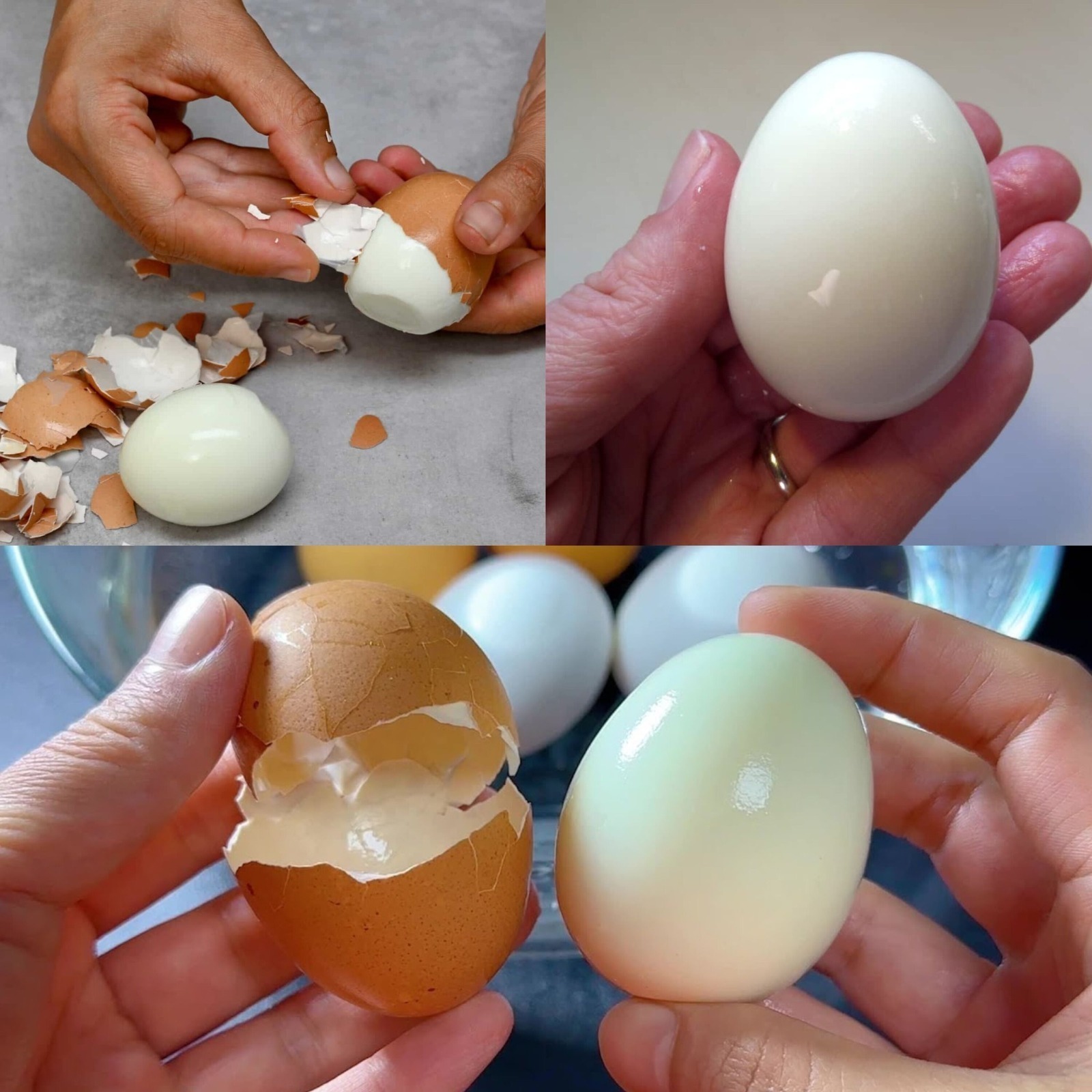ADVERTISEMENT
Step-by-Step Guide to Cooking Perfect Eggs in Hot Water
1. Prepare the Pot and Water
Fill a pot with enough water to cover your eggs by about an inch or two. Bring the water to a boil over high heat. Once the water is boiling, carefully lower the eggs into the water using a spoon or tongs. This step prevents them from cracking due to a sudden temperature change.
2. Boil the Water
Once the eggs are in the pot, cover the pot with a lid and allow the water to come back to a full boil. This helps create the optimal cooking environment for the eggs, ensuring they cook evenly.
3. Adjust the Heat
Once the water has reached a rolling boil again, reduce the heat to medium-high so the water continues to gently simmer, not boil violently. This is important to prevent the eggs from bouncing around too much and cracking.
4. Timing for Soft-Boiled Eggs
For soft-boiled eggs with runny yolks and firm whites, cook for about 4 to 5 minutes. This creates a slightly set white and a luscious, runny yolk inside. For a perfect balance, set a timer so the eggs are cooked exactly to your preference.
5. Timing for Hard-Boiled Eggs
For hard-boiled eggs with a fully set yolk, cook the eggs for 9 to 12 minutes, depending on how firm you like your yolks. A 9-minute cook time results in a creamy yolk with a slightly soft center, while a 12-minute cook time ensures that the yolk is completely set.
6. Ice Bath to Stop Cooking
Once your eggs are cooked to your desired consistency, remove them from the hot water immediately using a slotted spoon and transfer them into an ice bath (a bowl filled with ice and water). This helps stop the cooking process instantly, ensuring your eggs don’t become overcooked.
7. Peel and Serve
After the eggs have cooled for a few minutes, gently tap them on the counter to crack the shell and peel. If you want to make peeling easier, add a pinch of salt to the water before boiling, as this can help loosen the shell.
Tips for Perfect Eggs Every Time
- Start with Room Temperature Eggs: If possible, let your eggs come to room temperature before cooking. This reduces the chances of cracking when they hit the hot water.
- Use Fresh Eggs: Fresher eggs are often harder to peel, so if you’re planning to make hard-boiled eggs and want easy peeling, use eggs that are at least a week old.
- Don’t Overcrowd the Pot: Make sure the eggs are in a single layer and not overcrowded. If you need to cook more eggs, do it in batches to ensure even cooking.
- Use a Timer: The most critical part of this method is timing. For precise results, always use a timer to get consistent cooking times and avoid the guesswork.
Why Hot Water Cooking Is Better
Using hot water to cook eggs gives you control over the cooking process and results in perfectly cooked eggs each time. This method minimizes the risk of rubbery egg whites and runny yolks (unless you want them runny!). It also helps you avoid the problem of overcooking, which can cause that greenish ring to form around the yolk of hard-boiled eggs.
Final Thoughts
Mastering the art of cooking eggs is a skill everyone should have in their kitchen arsenal. By starting with hot water, you’re setting yourself up for perfectly cooked eggs, whether you like them soft or hard-boiled. Next time you’re in the mood for eggs, use this simple method and impress your friends and family with your egg-cooking expertise.
Whether on salads, sandwiches, or as a snack, perfectly cooked eggs make every dish more delicious!
ADVERTISEMENT
